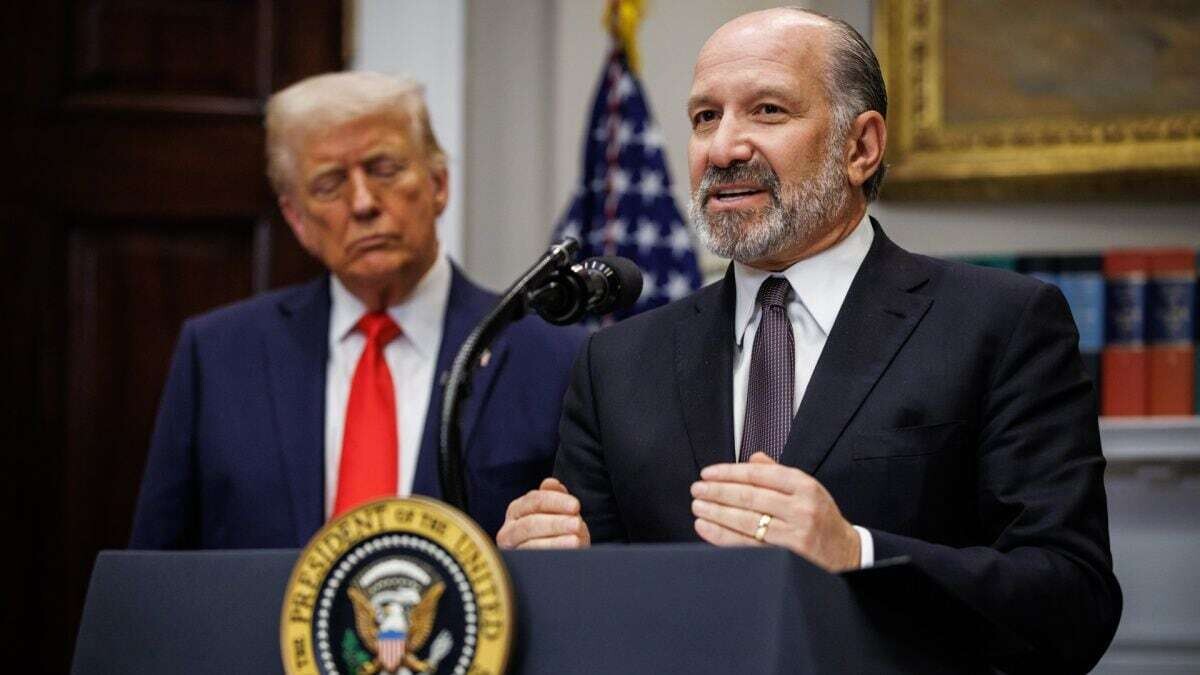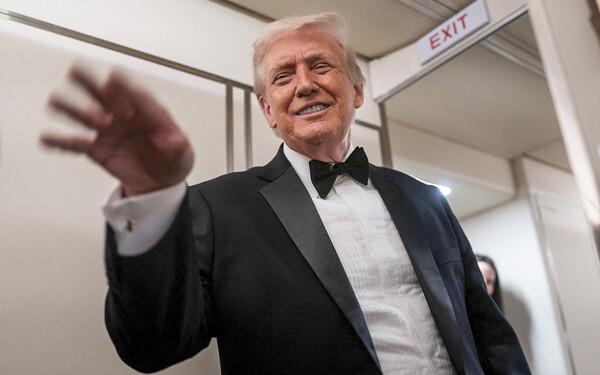
Last week, U.S. President Donald Trump imposed tariffs of 25 percent on Canada and Mexico, but then began to make concessions, first to the automotive sector and then to the products of the common treaty between the three countries. Later, he announced a one-month delay in the application of tariffs on Canada for products covered by the USMCA.
In this context, U.S. Secretary of Commerce Howard Lutnick supported Donald Trump's economic policies and stated that they are valuable, even if they could lead to a recession in the United States. He joined comments about a possible recession in the country due to the tariffs imposed by Trump and argued that they will generate factories and wealth for the United States.
Trump, for his part, dismissed the possibility of a recession in the United States and insisted that the country will experience a great boom. He attributed the current economic problems to his successor, Joe Biden, and defended the policies implemented during his previous term. Despite some uncertainty about the consequences of the tariffs, Trump emphasized that such measures will generate growth and reiterated his confidence in the U.S. economy.
Jerome Powell, chairman of the Federal Reserve, mentioned that inflationary effects have been forecasted due to Trump's tariffs, but it is still uncertain what will happen exactly. Powell highlighted that there is uncertainty about the duration and level of economic impacts and that it will be necessary to wait to fully assess the situation. Amid concerns about a possible recession, a transition phase is maintained in which current economic policies seek to strengthen the U.S. economy.














